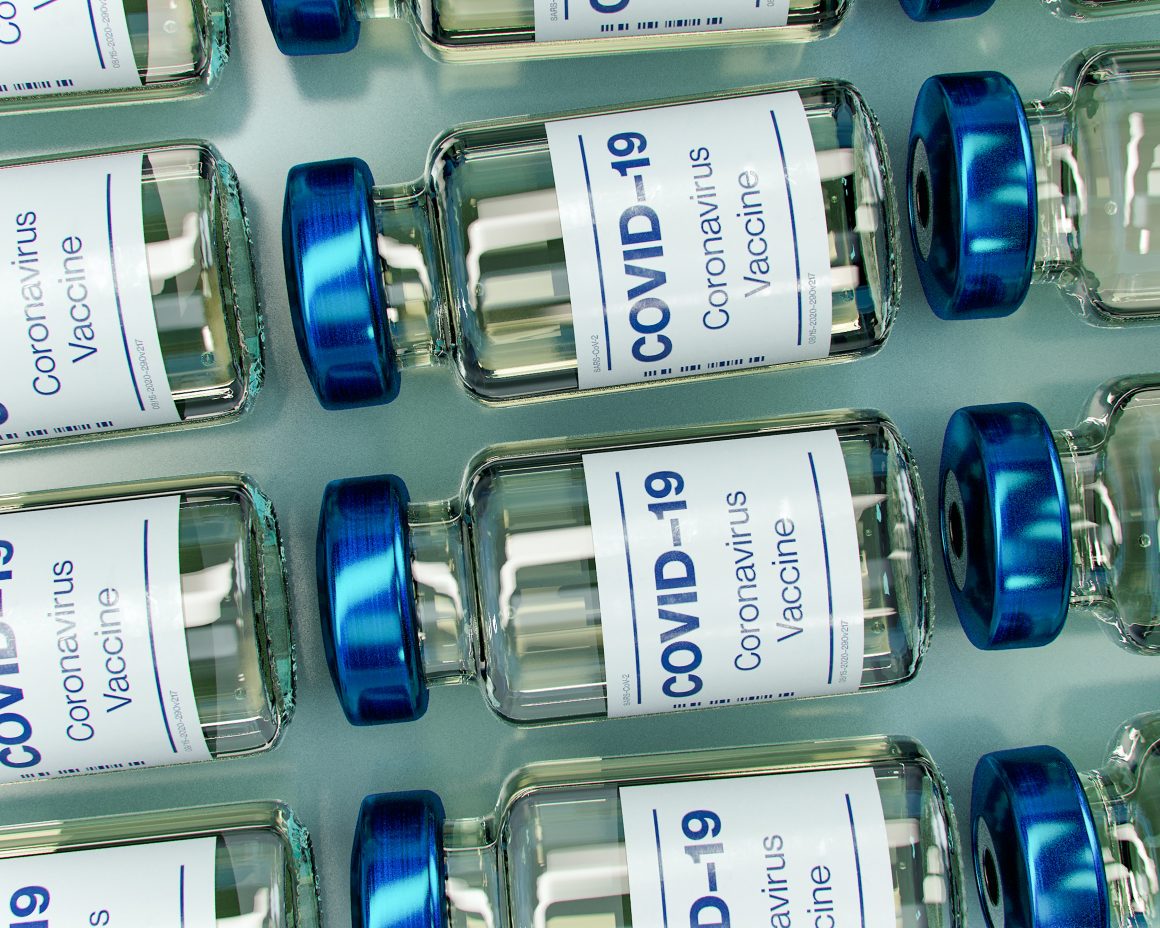
UCalgary nursing students and instructors involved in Indigenous-led vaccination clinic
By Danise Simpelo, May 17 2021—
On March 15, UCalgary students and instructors immunized Indigenous seniors at Circle of Wisdom Elders and Seniors Centre. This was an Indigenous-led immunization clinic with the objective of vaccinating Calgary Indigenous seniors aged 65-plus against COVID-19.
An article written by the UCalgary Faculty of Nursing staff described the clinic and its goals. One goal of the Indigenous-led clinic aimed to vaccinate up to 400 seniors in three weeks.
The Aboriginal Friendship Centre in Calgary (AFCC), the Siksika Health Services, the Circle of Wisdom Elders and Seniors Centre and the OKAKI and Seven Brothers Circle collaborated with one another to work alongside Alberta Health Services and the Government of Alberta to lead a vaccine rollout for urban Indigenous community memebrs.
This partnership aimed to not only ensure the health and safety of urban Indigenous members who were getting the vaccine but also provide a culturally safe space for them to do so.
In an interview with the Gauntlet, Dr. Zahra Sajani — associate dean undergraduate practice education, and Reet Aulakh — fourth year Nursing student, talked about their roles, the impact of this clinic and shared their inside perspectives on being involved.
“As a nursing student, my role was to immunize clients and screen clients, data entry and also be part of the after-care system,” Aulakh said. “Our final focus was displaced because of COVID-19 — it was nice to have an opportunity to practice hands-on skills. [It] gave us an experience to encounter clients one-on-one and develop those therapeutic relationships.”
Aulakh felt that the significance of this clinic would provide an environment for the Indigenous population to feel welcome and protected in a culturally safe space.
“Especially with all the traumas of the past that Indigenous Canadians have experienced, we want this clinic to allow them to feel welcome in the healthcare environment. Even by word-of-mouth that this was a place they felt comfortable gives a safe place for them to get protection from COVID through vaccinations,” said Aulakh.
Sajani, who was involved in supporting this clinic, spoke on how her role of building connections and understanding the partners involved gave an opportunity for nursing students to creating trusting relationships.
“Our team was instrumental in developing and supporting this Indgienous-led clinic in Canada. [It was] important in terms of building relationships, mutual respect, understanding — the cultural aspect of it — and providing safe and competent nursing care. Lots of players were involved so that we were able to contribute in a meaningful way to so many people’s lives,” Sajani said.
She adds that the nursing students involved got the biggest opportunity to learn from each other and see how they can engage with the community alongside one another.
“It is important to acknowledge that students involved in the clinic, this opportunity was very special to them,” said Sajani. “It gave students the opportunity to work first-hand with this population by developing trusting relationships in a meaningful and respectful way that one does not necessarily get in a program. They went beyond the call of duty and were working so hard, finishing their final practicum and making a difference in people’s lives. I’m really proud of how they were able to use their compassion and empathy.”
In her concluding statement, Sajani emphasized the contribution of the Faculty of Nursing as a whole community coming together to offer support during the pandemic.
“This initiative was not about getting your degree or about us. It was the Faculty of Nursing contributing to the community in a meaningful way without expecting something in the end,” Sajani said.
To read more about the article, click here.
